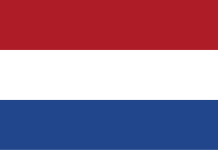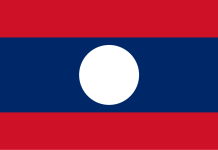The World Bank has emphasized the potential of cash transfers in mitigating the impact of inflation and low economic growth on Nigerians, thereby preventing them from falling deeper into poverty. According to the ‘Macro Poverty Outlook: Country-by-country Analysis and Projections for the Developing World’ report, inflation and low economic growth are expected to push an additional 2.8 million people into poverty by the end of 2023.
The report forecasts that the percentage of Nigerians living below the international poverty line will peak at 38.8% in 2024 before gradually declining as inflation cools down and economic growth improves. The World Bank suggests that targeted measures, including cash transfers, could alleviate short-term adjustment costs for the poor and vulnerable, reducing the risk of intergenerational poverty traps.
It was revealed in the report that approximately 37.5% of Nigerians live below the international poverty rate of $2.17 per day, while around 70.4% live below the lower middle-income poverty rate of $3.65 per day in 2023.
The World Bank also projected a decrease in the budget deficit from 5% of GDP in 2022 to approximately 4% in 2025, despite rising expenditures due to the implementation of compensatory measures following subsidy reform. Public debt is expected to reach 45% of GDP in 2023, driven by fiscal financing needs and the depreciation of the naira. However, debt servicing is projected to remain higher than total revenue in the same year, with an expected drop to about 68% of revenues by 2025.
The report highlighted potential risks that could undermine Nigeria’s economic performance, including policy reversals, weaker reform impetus, a decline in oil production, external factors such as global monetary tightening and the war in Ukraine, as well as regional instability.
The World Bank’s endorsement of Nigeria’s National Social Safety Net Programme-Scale Up, which involves distributing N25,000 to 15 million homes for three months, has already seen the release of $299.99 million out of the authorized $800 million. The program is aimed at mitigating the impact of recent policy changes, including the removal of fuel subsidies, on the country’s poor and vulnerable populations.
However, challenges with the National Identity Number (NIN) system were highlighted, with less than 1% of the population having a valid NIN, potentially limiting the eligibility of low-income and vulnerable individuals for the cash transfer program.












